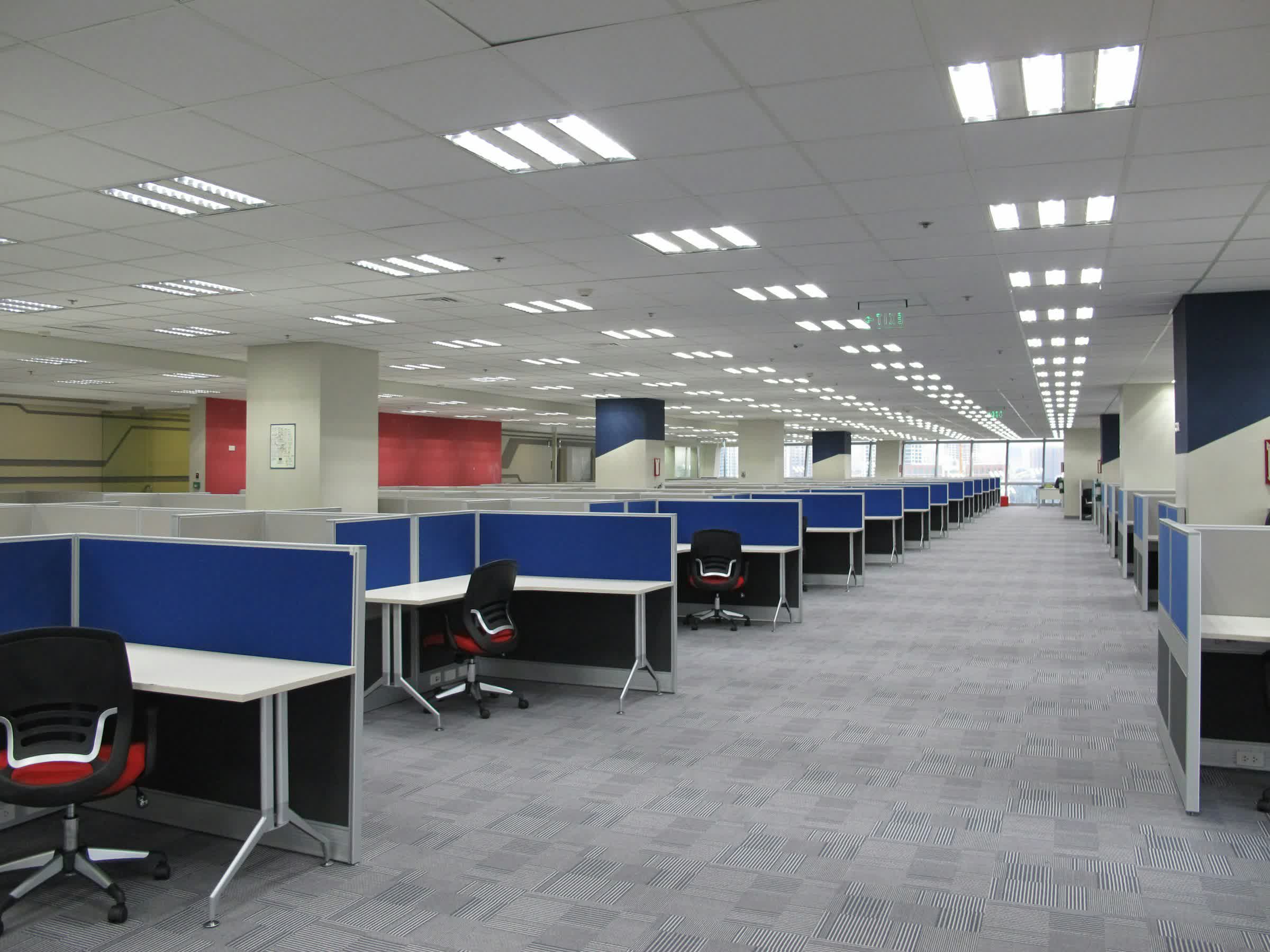The Future of AI in Workforce Dynamics: Opportunities and Challenges
Author: Rob Thubron

As artificial intelligence (AI) continues to advance at breakneck speed, its implications for the workforce are becoming a critical topic of discussion among experts, business leaders, and policymakers. AI's capabilities, particularly in automation and machine learning, have the potential to reshape industries, enhance efficiency, and create a new wave of employment opportunities, albeit with significant disruption to the traditional job market.
A recent statement by Anthropic CEO Dario Amodei has brought renewed attention to the potential for AI to displace a substantial proportion of entry-level jobs across various sectors. During an interview with Axios, Amodei warned that AI could eliminate as much as half of all entry-level white-collar jobs within the next five years. This concern resonates particularly within fields that rely heavily on entry-level positions—including technology, finance, law, and consulting.

AI's potential impact on white-collar jobs brings both opportunities and challenges.
The rationale behind such alarming predictions lies in the increasing ability of AI systems to perform tasks that were traditionally carried out by human workers. From data entry and analysis to customer service and even legal research, AI is demonstrating a remarkable competence in handling intricate tasks more quickly and accurately than human counterparts. As these technologies become more accessible and affordable, businesses may increasingly opt for AI solutions over human labor.
While job displacement is a significant concern, it is essential to consider the other side of the coin—job creation. History shows that technological advancements often lead to the emergence of new roles that did not previously exist. For example, the rise of the internet has given birth to jobs in digital marketing, cybersecurity, and e-commerce—domains that were inconceivable a few decades ago. Similarly, the AI sector is expected to generate opportunities in AI ethics, data science, machine learning engineering, and AI system maintenance.
However, the transition may not be smooth. Workers who have relied on entry-level positions as stepping stones to career advancement may find themselves with fewer opportunities. This is particularly critical for recent graduates and those entering the job market. Amodei emphasized the need for companies and governments to acknowledge this potential upheaval and take proactive measures to reskill workers and prepare them for the future.

Reskilling initiatives will be essential to help the workforce adapt to AI technologies.
In addressing these challenges, educational institutions play a pivotal role by adapting curricula to better prepare students for the jobs of tomorrow. There is a growing need for interdisciplinary programs that combine traditional subjects with technology-oriented skills focused on AI, data analysis, and critical thinking. Training in these areas is crucial for equipping future workers to thrive in an increasingly automated economy.
Moreover, companies also bear a responsibility to foster an environment conducive to innovation while ensuring their workforce adapts to technological shifts. Businesses that invest in reskilling programs may not only mitigate potential job losses but also cultivate a more productive and innovative workforce. According to a report by the World Economic Forum, companies that prioritize employee development see improved performance and higher retention rates.
As we stand on the precipice of this technological revolution, it is imperative to develop a comprehensive strategy that addresses both the opportunities and the challenges presented by AI. Policymakers need to consider legislation that supports workers affected by automation, such as enhanced unemployment benefits, job retraining programs, and incentives for businesses that demonstrate local hiring as they adopt AI technologies.
The AI industry is evolving rapidly, requiring a cooperative effort to support displaced workers.
In conclusion, while concerns regarding job displacement due to AI are valid, this technological wave has the potential to create new opportunities and reshape industries. The ongoing challenge lies in managing this transition responsibly, ensuring that workers are prepared and supported through reskilling efforts. Ultimately, a collaborative approach amongst businesses, educational institutions, and governments will be crucial in harnessing the full potential of AI while safeguarding the workforce's future.